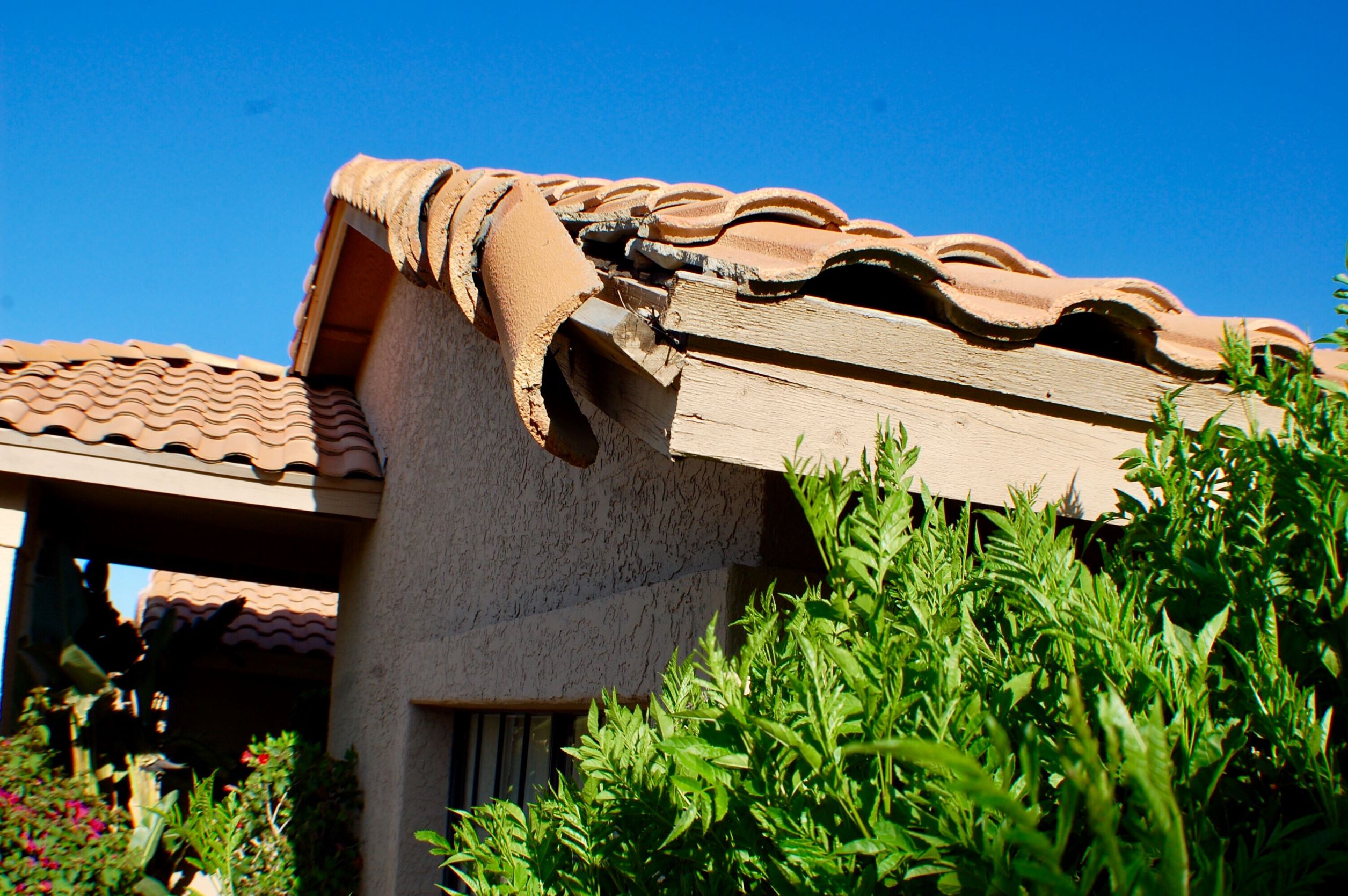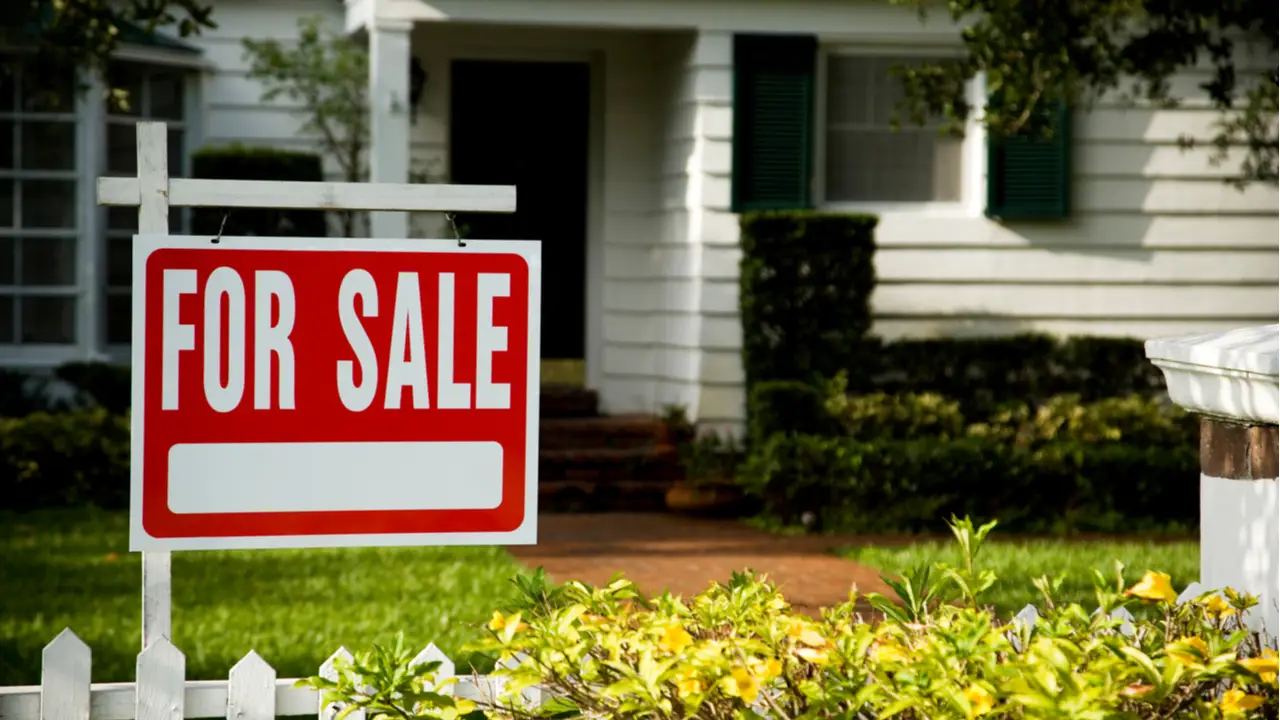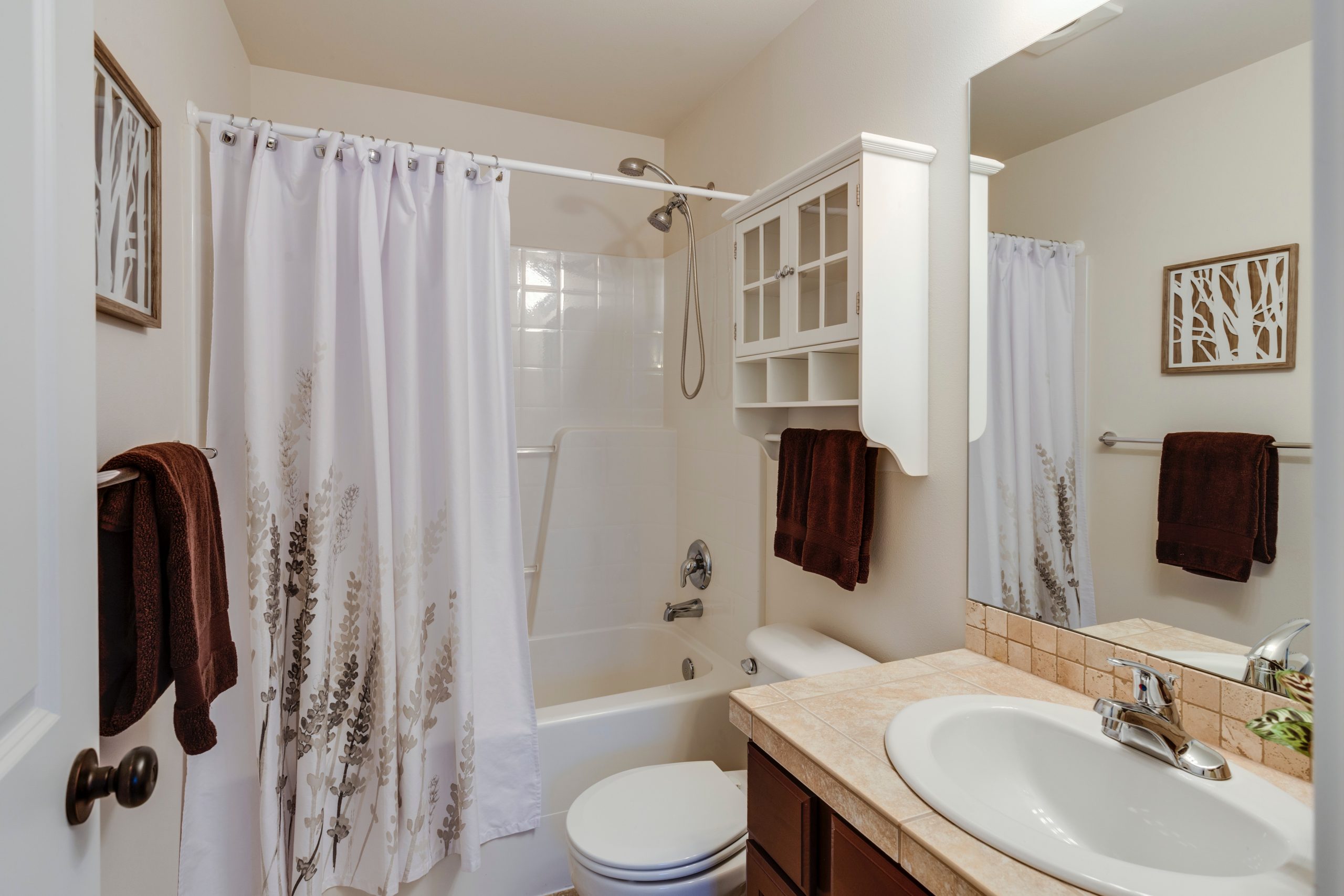It is a big undertaking that will require careful planning and attention to avoid costly and time-consuming mistakes. The home inspection is an important part of the house-buying process. This optional procedure involves an inspection of the house before closing.
What are Home Inspections?
House inspectors usually conduct home inspections. They inspect any house that is being listed or on the market. It is important to make sure that the home is safe and in good condition before you buy it.
Although not required in Canada, home inspections should be done to prevent costly problems later on.
Some buyers skip home inspections in fast-moving cities like Toronto, Ottawa, and Montreal to avoid losing out to other buyers. Although it is tempting to close on a house without it passing inspection, it is not worth spending your hard-earned cash on unanticipated repairs.
It is advisable to make an offer that is contingent upon a thorough inspection.
What is the average time it takes to inspect a home?
Depending on the size of your home, home inspections can take between 1 and 3 hours.
What is the cost of a home inspection?
Cost varies depending on where you are located and how experienced the inspector is.
How do I hire a home inspector?
Canada’s home inspection industry is not regulated. It is left up to other agencies and independent bodies to regulate it. Home Inspector in Edmonton AB should have no difficulty getting licensed.
Home inspectors in Alberta must hold a license issued by Service Alberta. To be eligible for a license in Alberta, the provincial authority requires that applicants provide:
- Completed application form
- An information check on the police or criminal records.
- Education proof.
Albertans can rest assured that their home inspector is competent and skilled.
In other provinces, any person can perform home inspection services without being required by any regulatory body. We recommend that you check with these organizations to become a certified inspector.
- Master Inspector Certification Boards, Inc.
- Canadian Association of Home and Property Inspectors
- National Home Inspector Certification Council, (NHICC).
- Canadian National Association of Certified Home Inspectors
A friend, family member, or realtor can help you find an inspector. In some jurisdictions, a realtor cannot recommend an inspector but can provide a list to choose from.
You can also ask for references and certifications from the inspector.
Note – Don’t ask the seller’s agent or agent to recommend an inspector, as they may not be able to help you.
Are Inspectors able to provide a contract?
The contract is a document that describes the terms and conditions of the inspection. Contracts will detail the scope and limitations of the inspection.
You may also be covered by the liability of the inspector in the event of latent defects being discovered after the sale has been completed.
What is the purpose of a home inspection?
Home inspections are typically performed after an offer has been accepted and before closing begins.
Buyers are more likely to include an inspection clause in their offer. The seller must let the buyer inspect the property before closing if the offer is accepted.
Sellers may conduct their own inspections before listing the house for sale to resolve any problems. Buyers should be wary of sellers who might try to order their own inspections in an effort to attract buyers during negotiations.
Appraisals and home inspections are not to be confused. Home inspections focus on the physical condition of the house, while appraisals provide an accurate estimation of the home’s value to help with mortgage approval.
Lenders often require appraisals before they approve your mortgage. This is to verify that the property is worth its asking price and protect you against overborrowing.
Appraisals are usually paid by the buyer. However, some Canadian banks and mortgage brokers might pay the bill.
What is covered by a home inspection?
Non-invasive visual inspections of the exterior and interior of a house are part of home inspections. The scope of an inspection will vary depending on what property it is. A two-storey home may have a basement, attic, and deck, which could justify a larger scope than a mobile home or condo.
The following are some of the areas that a home inspector can cover:
Interior
- Electrical wiring
- Heating systems
- Ventilation
- Plumbing
- Insulation
- Doors and windows
- Ceiling, floors, and walls
- Attic
- Basement
- Air conditioning
Exterior
- Roofing
- Flashing
- Chimneys
- Gutters and downspouts
- Drainage
- Grading and foundation
- Decks
- Garages
- Fencing
Home inspections may not include separate structures such as pools or decor fixtures. They also might not consider the implementation of building codes. Hidden fixtures and inaccessible parts, such as inside walls, are also not covered.
An inspection of wood-burning appliances, such as fireplaces or wood stoves can only be performed by a WETT certified inspector.
To get a better understanding of the inspection report, we recommend that you accompany the inspector along with your realtor. The report can help you make a decision about purchasing. The report does not contain estimates of repair costs or a rating for the component.
What happens next after a home inspection?
Within 24 hours of the inspection, inspectors will usually provide a detailed report detailing the condition and details of each major fixture. A home that fails to pass an inspection is rare.
The report covers minor issues like faulty doors, electrical switches, and faucets. Be aware that you may need to spend a lot of money to repair extensive damage.
These include:
- Roofing
- Foundation issues
- Plumbing
- Heating
- Electricity
The inspector might recommend further inspection if there is extensive damage to your home.
Older fixtures like knob and tube wiring or kitec plumbing should be avoided in older homes. These fixtures may not be up to standards and could cause serious problems if they fail.
Take the inspection report and carefully review it before deciding on the next steps. You can either back out of the deal or make the sale conditional on the seller fixing the problem before closing. Or, you can negotiate a lower price for repairs.
The inspector will give you an estimate of the cost of repairs, and recommend that you get estimates from at least three or more contractors to get an accurate idea of the costs involved.
If there are severe damages, such as water damage, structural problems, or faulty roofs then it might be wise to cancel the sale.
You might be surprised later when the house needs more work than you expected.
Final Inspection before Closing
It is a good idea conduct a final inspection if you agree to a contract that requires repairs. You should still negotiate for a final inspection before closing. This will ensure that the condition of the home is not altered after the inspection.
This is especially true when the time between inspection and closing is long. You should inspect the following:
- All fixtures and other items that were originally sold with the house are still in their original locations.
- The seller has removed the unwanted items.
- All appliances and systems function as designed.
- All defects that were not found during inspection.
Any problems discovered during the final walkthrough should always be reported to the seller by the listing agent or the seller’s lawyer.
What happens if latent defects are discovered after closing?
You are out of luck if you find hidden problems after closing on a house. You have two options: fix them yourself or negotiate with the seller. However, they are not legally required to pay the costs.
In some cases, however, legal remedies may be possible as sellers may be required to disclose certain issues, such as environmental contamination, or defects, that render the home unsafe for use.
Talk to a lawyer about your options.
Quebec’s legal warranty of quality and ownership protects buyers. Sellers are liable for any latent defects, or defects in the title that were not disclosed at the sale.
Conclusion
It is important to be patient and careful when buying a home. Do not let your emotions overwhelm you when searching for the perfect home. Not everything will be easy at first. Be sure to follow the proper procedures and make informed decisions so that you don’t overspend on repairs.





